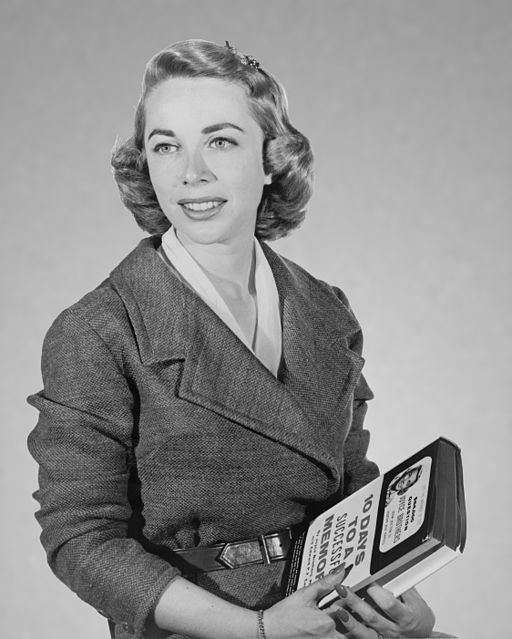January 2020
On November 15, 1955, a woman in her twenties made national news by appearing on a quiz show in a New York studio to answer a question written especially for her: “What are the ring names of the four heavyweight boxing champions whose real names are Rocco Marchegiano, Arnold Raymond Cream, Joseph Paul Zukauskas, and Noah Brusso?”


Rambles down the past's travel-pathways can be eye-opening. I've just returned from four years of traveling, occasionally literally but mainly through archived letters and journals — in the paths of Thomas Jefferson and the Marquis de Lafayette, through the age of the American and French revolutions.
Both men, friends and collaborators for over four decades, were prodigious travelers — though of the two, Jefferson far less so. My sojourns were for my latest book — and as much as any other aspect of their respective lives, I found their individual philosophies of travel revelatory of the inner geography of each man's personality.
In his own pursuit of happiness, even the Declaration of Independence's author was not immune to coveting roads untaken, lives unlived.

Editor’s Note: David S. Reynolds is Distinguished Professor at the City University of New York, winner of the Bancroft Prize, and author or editor of 15 books about American history, literature and culture, including Walt Whitman's America and Mightier than the Sword: Uncle Tom's Cabin and the Battle for America, from which portions of this essay were adapted.
